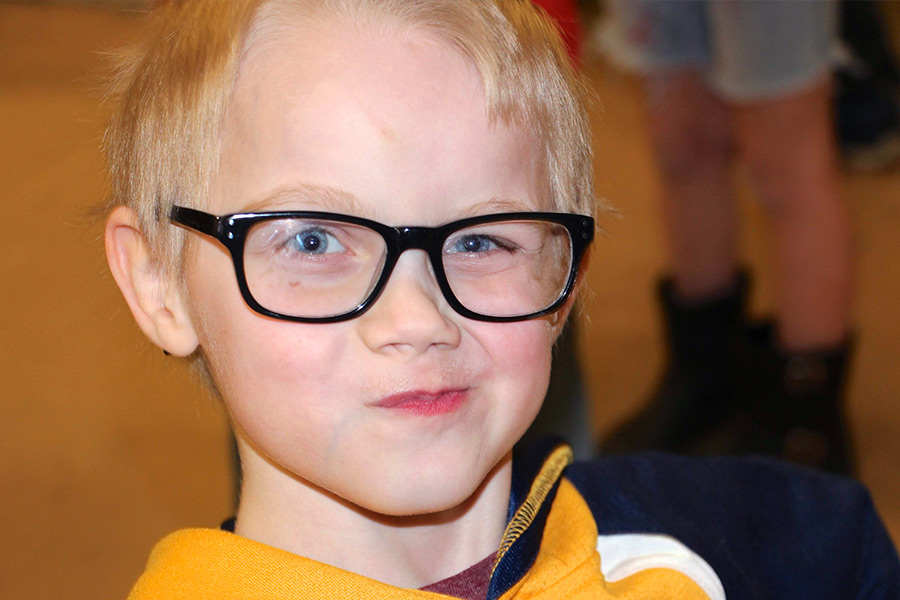What is Growth Mindset?
That a person’s abilities can be shaped through their own efforts is the key concept behind psychologist Carol Dweck’s theory of “growth mindset.” In this theory, people can develop basic qualities like intelligence through dedication and hard work. Those with a fixed mindset, on the other hand, believe basic qualities are fixed traits. Dweck’s research, which is described in this Beyond the Classroom article, explores the origins of these mindsets and their impact on achievement and interpersonal success.
The good news is that growth mindset can be taught. This is true for students with autism and for those who are not on the spectrum. Dweck offers several examples on how educators might do this.
Tips for Teaching Growth Mindset
- Praise students’ efforts rather than their traits. (e.g., “You must have worked really hard,” rather than, “You are so smart.”)
- Use the notion of “not yet” rather than failure, which is highlighted in this video. (e.g., When a student receives a failing grade, reframe it as, “you don’t understand this yet.”)
- As daily challenges arise, reassure students. Explain that although they may feel frustrated, it is okay to not understand yet.
- Model growth mindset by persevering when you face challenges yourself.
Using Growth Mindset for Daily Goals
At PEP Phoenix, two classrooms have adopted a growth mindset for working on their goals. They do this is by checking in on daily goals using a Goal Meeting form that helps them answer questions like, “Was I kind and friendly?” or “Did I stay in my area?” and to respond with either, “Yes,” or “Not yet, but I am working hard!”
Another tool PEP Phoenix students use is the My Goal Today sheet. This resource features simple images and helps students determine how they met their goal or if they need to try again tomorrow. This graphic not only celebrates goal achievement when it occurs but focuses on what was done to achieve that goal, an important aspect of growth mindset.
For more information on growth mindset and how it can be used in the classroom for children with autism or with those who are not on the spectrum, contact Donna Fedor via email.
